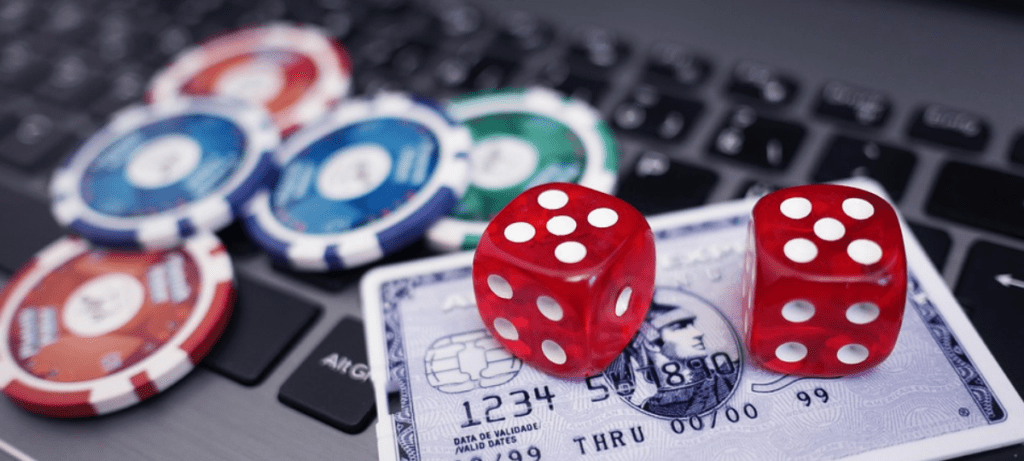Should putting your money on political results be considered legal? Although gambling is allowed in only a few states, right now it is legal nationwide (for the most part) to bet on fantasy sports – but not politics.
West Virginia is to become the first state to legalize online gambling on politics. In 2006, the federal government passed legislation that established fantasy sports as a “game of skill” and not a “game of chance”. Because it’s an activity where the action of one does not harm the other directly and both parties are consenting adults, all forms of gambling should be legal and should not be regulated.
The law says online gambling is legal if it is not dependent on the outcome of a single sporting event. In fantasy sports, users set up a team using real life players. The outcome of the game is determined by how each player on a user’s team performs, which is how it’s completely legal on the federal books.
However, online poker is illegal in most states. A poker player will argue that it’s based on skill. It’s a game that requires huge amounts of calculation. For example, my uncle plays dominoes competitively. He would describe dominoes as a game of chance and a game of skill at the same time. If you don’t know what you are doing, of course your chance of winning is based on chance; but if you know how to count well, you can rely on your counting skills to win.
It can be argued that most gambling games are based on skill. People who do well at gambling are known to be good at statistics. People who are knowledgeable on game theory tend to be successful. For example, Professor Thorp of UCLA applied his theory with Manny Kimmel, a professional gambler, and he won $11,000 in a single weekend playing Blackjack. He even made a manual known as, “Beat the Dealer”. So gambling is purely a game of skill for the winners.
21, a movie from 2008, is based on the true story of a professor who set up a team of the best students from Harvard, University of Chicago, MIT, and Princeton to beat the dealers at casinos. They made ten million in winnings using the mathematical model that Manny Kimmel talks about in his book.
So if gambling and skill are interchangeable in a game, why should one activity that is the same as the other be considered illegal? Why does it matter if a person gambles their own money?
Freedom is the liberation from restraint from a higher power; independence, as defined by Merriam Webster. According to one of our Founding Fathers, Thomas Jefferson, “The policy of American government is to leave its citizens free, neither restraining them nor aiding them in their pursuits.”
The government shouldn’t be restricting certain activities considered immoral if they do not have an action of force against another person. It’s a voluntary activity where the person who makes the decision to gamble or play the game acts voluntarily. Some might argue that a person doesn’t know the harm that can come from that activity. This logic is flawed.
A person eating a Happy Meal might have the reward of instant gratification of taste and saving money, yet will have long term negative effects on their health. Likewise, unwise gamblers have the short term gratification of the possibility of winning or living on the edge.
As presented, gambling is a voluntary game of skill based on probability and statistics. Therefore, because it is a victimless activity and relies on skill to win, it should be a legal activity. In the game of predicting political outcomes, it’s a matter of calculating the odds, much like a game of blackjack. It is an individual risk. An individual choice. An individual liberty.

